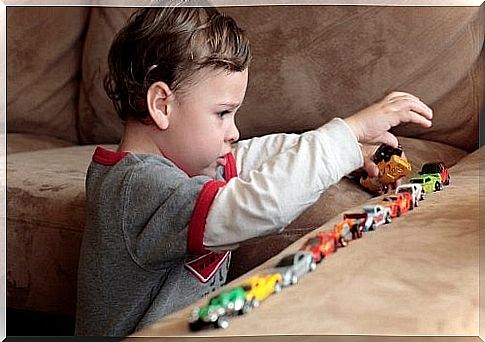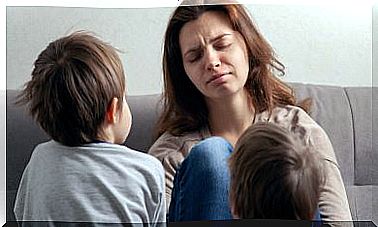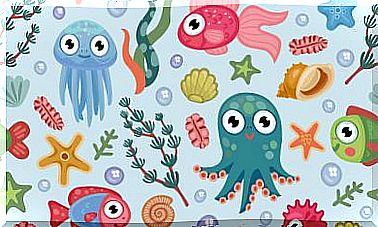I Have Autism And I Can Learn

Every April 2, the World Autism Awareness Day is celebrated, in order to make this condition visible and fight for the rights of those who suffer from it. This year, under the motto “I can learn. I can work ”, the aim is to improve these people’s access to quality education and decent employment, as stigma still limits their development. Therefore, let us be the voice of all these little ones: “I have autism and I can learn” .
Many times, due to lack of knowledge, one has a wrong idea about this disorder. Generally used intelligence tests fail to truly capture the latent abilities of these people. In addition, we must consider that it is a very heterogeneous condition, so it is not possible to generalize. However, all children with autism have strengths and abilities, and, of course, they can learn.
Autism Spectrum Disorder
Autism is a neurological and developmental condition that begins to manifest itself in childhood and accompanies a person throughout their lives. It mainly affects social interaction and flexibility of thought and behavior. However, there is enormous variability among people who suffer from this condition. That is why the term ‘Autism Spectrum Disorder’ is adopted, alluding to a continuum rather than a category.

To a greater or lesser extent, the main characteristics of autism are known to everyone:
- Disinterest in social interactions and difficulty in initiating and maintaining them. Poor eye contact and problems perceiving and understanding the mental states of others.
- Repetitive behaviors, restricted interests, and excessive rigidity and attachment to routines.
- Sensory integration problems, suffering from being exposed to loud noises, bright lights, or crowds.
Due to all these factors, children with autism present great problems of integration in the classroom and in society. It may seem that they are unable to learn just because they do not learn in the same way as others, but these children have great virtues :
- They pay close attention to detail and use very logical thinking.
- They tend to show great interest in a specific area, which they study in depth and about which they accumulate great knowledge, becoming very competent in it.
- They have independent thinking that allows them to bring different and new perspectives.
- They experience difficulties when it comes to processing information verbally or auditory, but they do well with visual processing (from images or videos).
I have autism and I can learn
Children with autism are capable of learning, enjoying and leading a full and dignified life. For this, it is essential to establish a diagnosis as soon as possible. This will allow us to give the child access to quality early care.
Those little ones with whom you start working from an early age can make great strides. Interventions are usually aimed at improving their capacities and social skills, and facilitating their adaptation to the educational environment. For this, it is necessary to carry out an individualized evaluation in order to know the strengths of the child.

Intervention
If the infant is better at handling visual processing, it will be very beneficial to accompany the instructions with pictures. In the same way, if he shows a clear interest in reading, this can serve as a starting point to establish a bond of trust and to promote a rapprochement with his colleagues through an activity that he likes and is good at.
We have to provide them with an environment in which they feel comfortable, appropriate to their priorities and needs. It is important that they are not very large groups and that they have sufficient attention from the teaching staff. Likewise, it is necessary to offer them challenges commensurate with their capabilities.
If we demand normative performance, they may be overwhelmed and frustrated, but if we provide them with excessive support, we are limiting their development of autonomy. It’s about finding a balance.
Empathy, positive reinforcement, perseverance, and early intervention will greatly enhance the learning of these little ones. Families, health and education professionals must join forces to offer these children access to a diverse and adapted education that allows them to develop their full potential.










